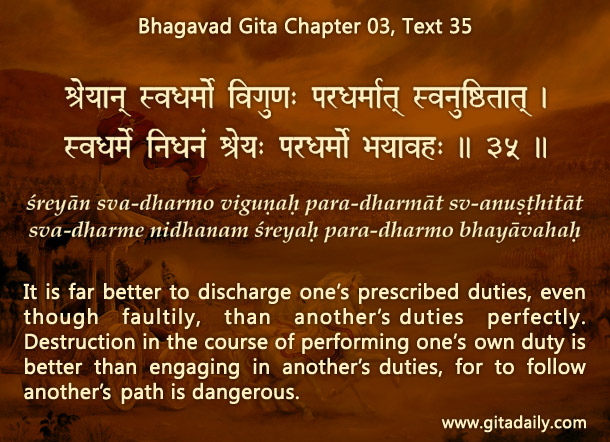Why we may provide guidance without respecting independence – Whenever we offer guidance, we act based on our implicit conceptions about what guidance is meant to do. For example, we may see ourselves as potters and our wards as clay to be shaped.
However, the clay metaphor presumes that the clay has no inherent shape; how to shape it is entirely the potter’s prerogative. When we operate with such a metaphor, we tend to impose our own dreams on our wards. For example, parents who are doctors may seek to make their children doctors. They may even provide their children generous facilities for studying medicine — facilities that they themselves never had. Yet they may find that their children feel ungrateful, even resentful.
To guide more effectively, we need to revise our operational metaphor, seeing ourselves more as gardeners than potters. Seeds need to be carefully protected and nurtured, but they can’t be molded unlimitedly; lotus seeds will never give rose flowers.
The seed metaphor conveys that we all have an innate nature with its associated constellation of talents, interests and orientations. Pertinently, the Bhagavad-gita (03.35) stresses that we all are born with a psychophysical nature. While this Gita verse guides us to not go against our nature, the underlying principle applies to our giving guidance to others too.
The gardening metaphor is especially helpful when our wards don’t value our guidance. How? By changing our default response — instead of asking “Why are you being so difficult?”, we ask, “How are they different from my conceptions about them?” Instead of insisting on giving guidance that suppresses their individuality and alienates them emotionally, we learn to operate with a healthy respect for their need for individuality and independence.
One-sentence summary:
If we see others as clay to be shaped, we overemphasize the role of our guidance — to appreciate their individuality and independence, see them as seeds to be nurtured.
Think it over:
- What’s wrong with the clay metaphor for giving guidance?
- What does the gardening metaphor convey?
- Before offering guidance next time, examine what metaphor you are operating with.
***
03.35: It is far better to discharge one’s prescribed duties, even though faultily, than another’s duties perfectly. Destruction in the course of performing one’s own duty is better than engaging in another’s duties, for to follow another’s path is dangerous.
To know more about this verse, please click on the image


Yes, that is a lovely metaphor – lotus seeds will never give rose flowers. Gardening speaks to me about patience and time. Nurturing the seed till it becomes flower o r tree.
Thanks for commenting on that key point.
Hare krsna prabhu thnk u for a eye opener statement: instead of asking “Why are you being so difficult?”, we ask, “How are they different from my conceptions about them?”….
Gita is always about how to improve ourself for a better world. Thank u prabhu.
Thanks for the specific appreciation; happy to be of service.